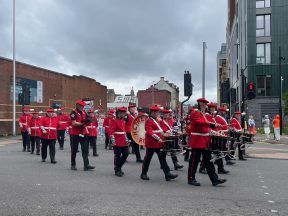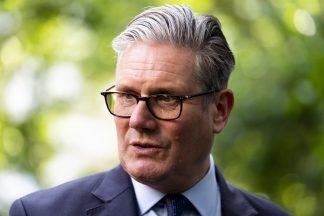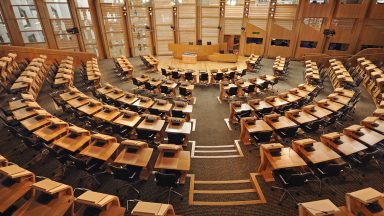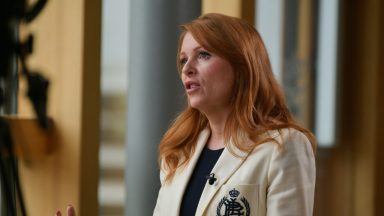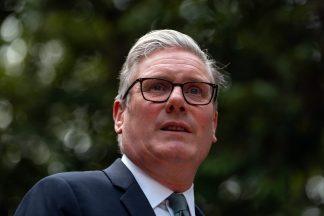Strange things are going on in the Conservative Party. To understand why, you have to follow a trail back 30 years ago – and all the way to Canada.
Quiet, unassuming Canada, with its polite manners and friendly reputation, seems a strange place to search for answers to the UK’s turbulent, angry politics. Everyone’s second favourite country, where most people seem to have a distant cousin or long lost aunt or uncle.
But that’s where we begin. Because in 1993, Canada held a general election with a dramatic result that broke with the country’s sleepy image. And it’s haunting the dreams of Tory MPs, right here and right now.
The Progressive Conservative Party of Canada went into that election with a majority, having been in power for a decade. It had a new leader, untested in an election campaign, but who came into office with a bit of credit compared with her deeply unpopular predecessor.
The country, however, was worn out by scandal, a stagnant economy, and deep divisions over constitutional issues. The Conservatives trailed badly in the polls.
Sound familiar? Hang on, there’s more.
As you’ve probably worked out, the 1993 Canadian general election campaign didn’t go well for the Conservatives.
The party’s leader, Kim Campbell, struggled with the media scrutiny and any lingering popularity evaporated. And seemingly out of nowhere, came an upstart political force to the right.
It had won no seats and just a couple of percent of the vote at the last election. But in 1993, it tore through Conservative heartlands, while opposition parties advanced through the battleground seats.
The final result was staggering: the Conservatives lost 154 MPs, leaving them with just two. That’s not a typo. The party didn’t regain power for 13 years.
And the name of that new, right-wing force in Canadian politics that laid waste to the Conservatives? Why, the Reform Party, of course.
No wonder Tory MPs here in the UK are so worried, and why the precedent from 1993 in Canada is being whispered about.
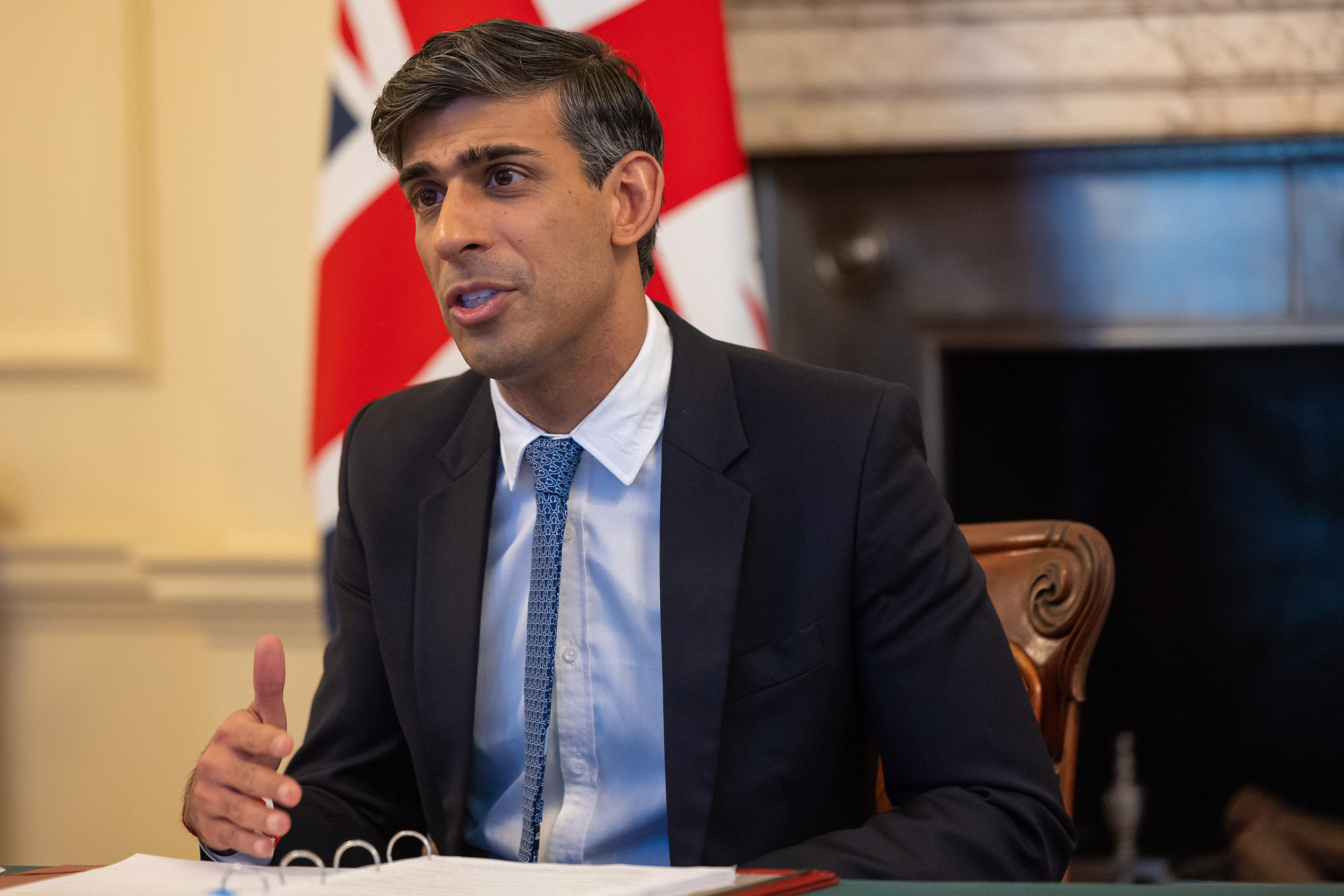 UK Government
UK GovernmentUnder the first-past-the-post electoral system that Canada and the UK share, such dramatic swings are rare, but not impossible. Polls already suggest the Tories are headed for a big defeat, and Labour a big majority.
And things are getting worse, not better: support for Rishi Sunak’s party is at its lowest level since he took over as Prime Minister.
He used to be an asset, and more popular than the Conservative brand. No longer. If the Tories underperform their already dire poll rating in the election later this year, a defeat could turn into a rout of Canadian proportions.
Meanwhile, Britain’s own Reform Party continues to creep up the polls, breaking into third place and threatening to split the Conservative vote, just like its Canadian namesake 30 years ago.
Some believe Sunak has mishandled his response to the threat, by focusing on the issue of Channel boat crossings and throwing the spotlight onto Reform’s core anti-immigration message.
And that’s before you consider the possibility, long hinted at, of Nigel Farage returning to frontline politics as Reform leader, drawing even more attention.
Which all helps to explain why a small – a very small – group of Conservatives is agitating for yet another change in leader, the third since the last election.

They’ve formed a shadowy plot calling itself the Conservative Britain Alliance, which has funded a YouGov mega-poll to help drive home the message that only a much more radical leader than Sunak can save the party.
The only confirmed member of the Conservative Britain Alliance so far: a 26-year-old former Number 10 pollster called Will Dry.
However, figures such as Lord Frost, the former Brexit negotiator, have been linked, as have possible candidates to succeed the Prime Minister: Kemi Badenoch and Suella Braverman.
Simon Clarke, the former cabinet minister who broke cover this week to call for Sunak’s departure, claims he was acting alone.
Whether that’s true or not, further disruptive manoeuvres are expected, timed around the major milestones on the way to a general election: by-elections, the Budget in March, and English local elections in May, as well as the legislation on deportation flights to Rwanda.
A final post-script: how did things end up in Canada? Well, in order to return to power, the Conservatives merged with the challengers on their right flank, and some observers think politics there haven’t been the same since – a bit less polite, quiet and unassuming.
Follow STV News on WhatsApp
Scan the QR code on your mobile device for all the latest news from around the country



